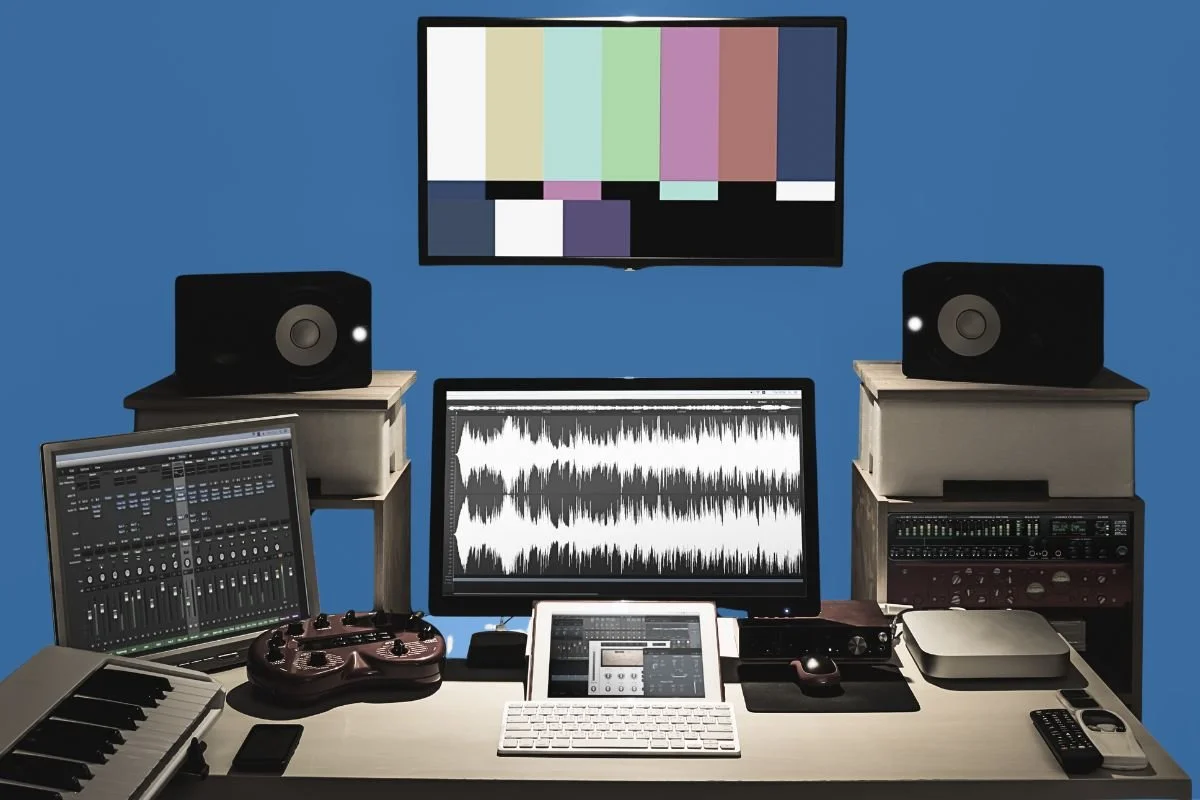Is AI the Co-Writer of the Future or a Threat to Songwriters?
There's no ignoring it anymore. AI has pulled up a chair at the songwriting table. Whether that makes you excited or terrified probably depends on how you make your living in music.
Harvey Mason Jr., the Recording Academy CEO, recently laid out where the Grammys stand on artificial intelligence in music. His message was pretty straightforward: if AI helps you create something, that's fine. If AI creates the whole thing without you, don't bother submitting it for a Grammy.
This isn't just about awards ceremonies. It's the music industry drawing battle lines around what counts as human creativity while trying not to get left behind by technology.
When AI Helps vs. When AI Takes Over
The Recording Academy's new rules make it clear that AI can be part of your process. Stuck on a chord progression? Need help polishing a verse? Tools like ChatGPT, Suno, or Boomy can give you a push in the right direction. But if a machine spits out a complete song with zero human input, it won't be Grammy-eligible.
This matters because it protects the people who actually make music. Songwriters, producers, session musicians, and everyone else who bleeds into their tracks. It's saying that human fingerprints still matter.
What This Means for Independent Artists
If you're an indie artist or songwriter, you've probably already played around with AI. Maybe you've used it to brainstorm lyrics, demo ideas, or speed up your mastering process when you're broke and on deadline.
When used thoughtfully, AI can be your writing partner, your assistant, your time-saver. But it shouldn't be your replacement. The Recording Academy's stance reminds us that your creative DNA is what makes your music yours.
Here's what you should ask yourself: Are you still driving the creative car, or are you just along for the ride? Are you using AI to make your ideas better, or are you letting it have the ideas for you?
A Reality Check for Your Creative Process
If you want your music to connect with real people and meet industry standards, run it through this filter:
Can you point to clear human authorship? Did you write the melodies, craft the lyrics, or shape the performance? If someone asked you to defend your creative contribution, could you do it?
If the answer is yes, then AI is just another tool in your studio. Like a plugin or a drum sample.
The Future Is Still Being Written
AI keeps getting better at things we thought only humans could do. But the emotional core of a song, the story it tells, the truth it digs up, that's still our territory.
The question isn't whether you should use AI. It's how you'll use it to stay competitive without losing what makes your voice distinct.
I'm curious — would you work with an AI co-writer if it helped you write your best song yet? Or is your creative process strictly human-only? Let me know what you think.

